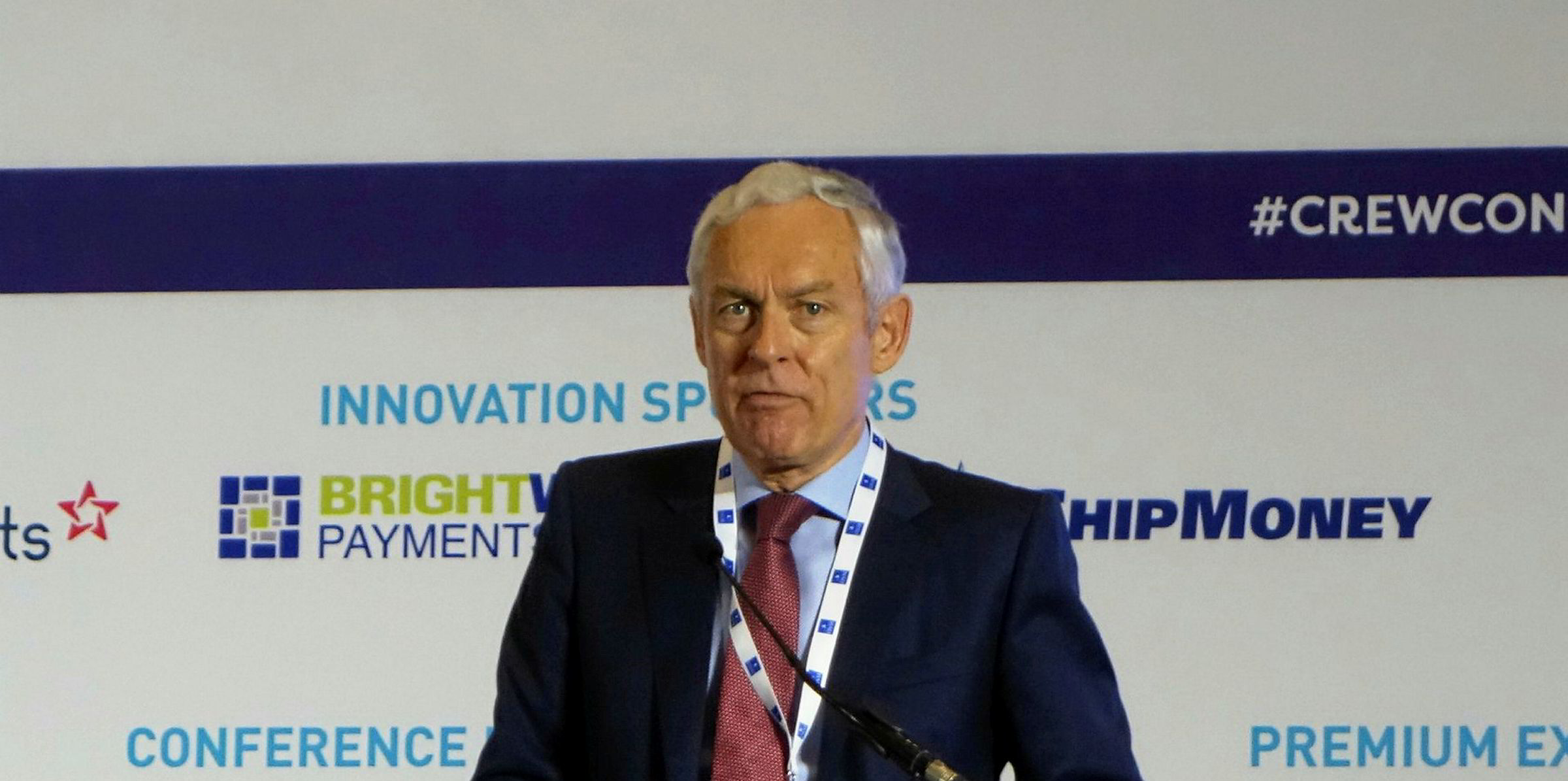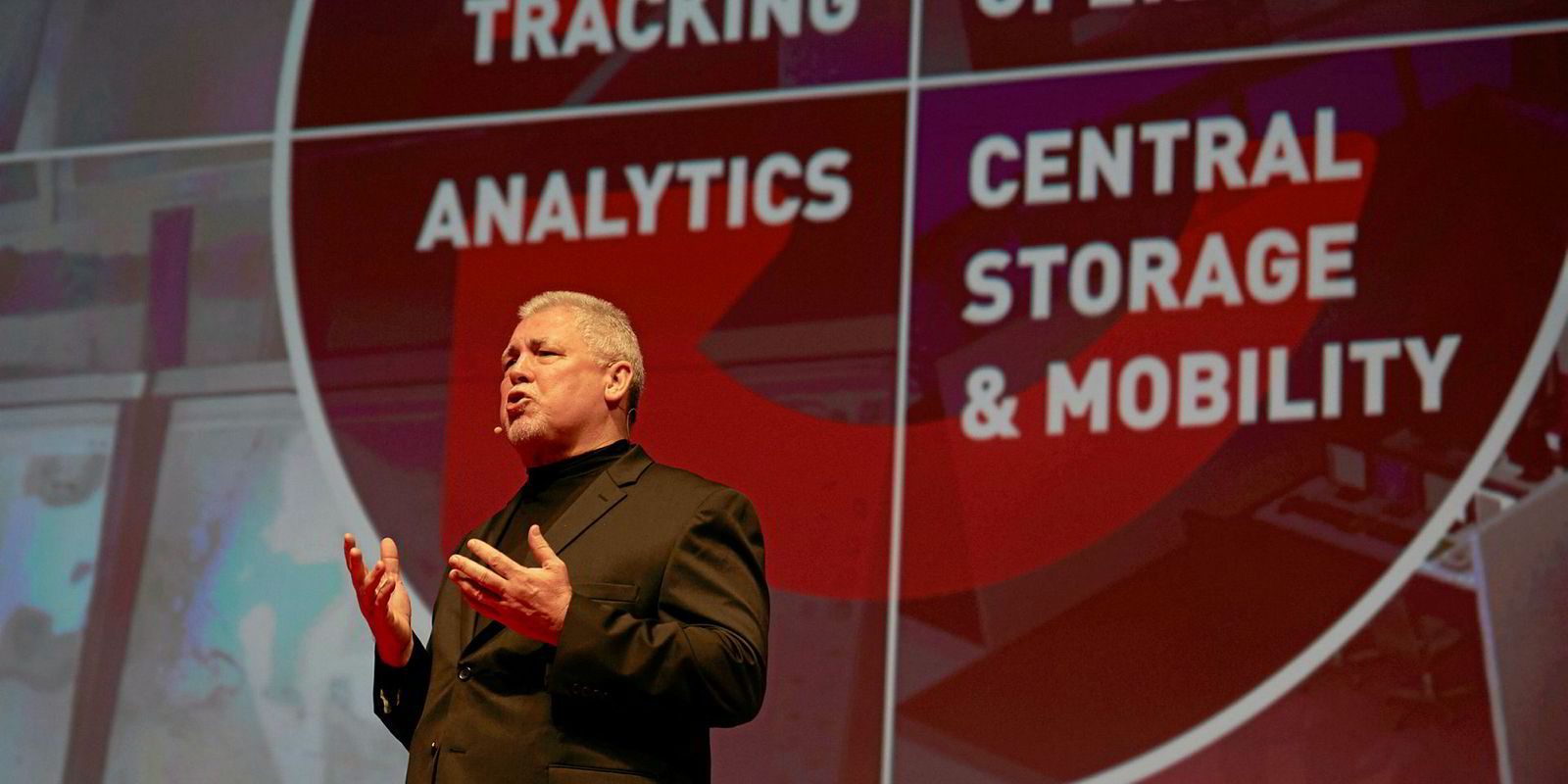International Chamber of Shipping (ICS) chairman Esben Poulsson sent out a strong call today for a comprehensive review of the International Convention on Standards of Training, Certification and Watchkeeping for Seafarers (STCW) if it is to remain a vital pillar of the international legal framework for safe and efficient international shipping.
Speaking at the CrewConnect conference in Manila, Poulsson said it has become commonplace for companies to provide additional training and requiring supplementary company assessments prior to seafarer deployment.
“Of course, there is nothing particularly unusual about this and it is any company’s prerogative to do so. But, the subjects of such additional training and the possible underlying motivation to conduct extra assessments, indicates a bigger issue with STCW and whether it is still delivering for us today?
“Perhaps some of the standards of competence within STCW are not appropriate for the standards now desired on board? Or, maybe it is a problem of international oversight of implementation?”
These questions, Poulsson suggested, cast doubt on whether the 2010 Manila Amendments were comprehensive enough.
“The 2010 amendments may have only been an interim revision adding new training and certification requirements, without removing outdated requirements, or making structural framework changes to accommodate new elements. This has resulted in STCW becoming top-heavy and cumbersome.
“Time has now passed to reflect on implementation of the Manila Amendments and the associated challenges and lessons learned. We must now consider the next comprehensive revision of STCW, to be more akin to that of ‘95 than 2010. The pace of both technological and regulatory developments will make the next revision critical!
“A resolution adopted at the Manila Diplomatic Conference called for comprehensive revisions every ten years. But we are now almost only a year before the ten-year mark, and there has still been no such mention at or around IMO.”
Poulsson suggested that the STCW its current form is probably not fit for purpose as apparently it does not deliver the competent seafarers the industry requires.
“Will it deliver the competent seafarers the industry will require in the future? This is highly unlikely, in its current form,” he stated.
The ICS, Poulsson said, has highlighted four possible high-level goals or priorities for the next comprehensive revision of STCW, whenever it occurs.
“Firstly, the next comprehensive revision should continue to provide an international regime of recognized standards for seafarer training and certification. It must secure the relevance and future of STCW. Global supply of quality seafarers, and their availability to the world merchant fleet, depend on it. Regional requirements constantly threaten global standards. Shipping companies and seafarers cannot afford for this threat to be realized.
“Secondly, it must deliver competent seafarers to meet the industry’s needs. We own and operate ships, not maritime education and training institutions. Shipping companies are the customers of training providers and require competent seafarers. There have been recent examples where training has been manufacturer and training industry led, rather than user or customer led, which must change.
“Thirdly, a revised STCW must respond and adapt to technological developments, including increased automation of ship systems, equipment and operations. It should provide a structure of sufficient flexibility and adaptability to “hit the moving target” of a changing world fleet and may need to develop a more modular approach to training and competency accumulation and certification.
“Finally, a revised STCW must seek to improve transparency and robustness of oversight of implementation. The so-called “STCW Whitelist” highlights STCW Parties confirmed to have communicated information demonstrating full and complete effect being given to the relevant Convention provisions. ICS would not wish to tear up the “Whitelist” without a suitable replacement, but there has to be a more transparent and robust monitoring of national implementation to ensure STCW delivers quality seafarers,” he said.




